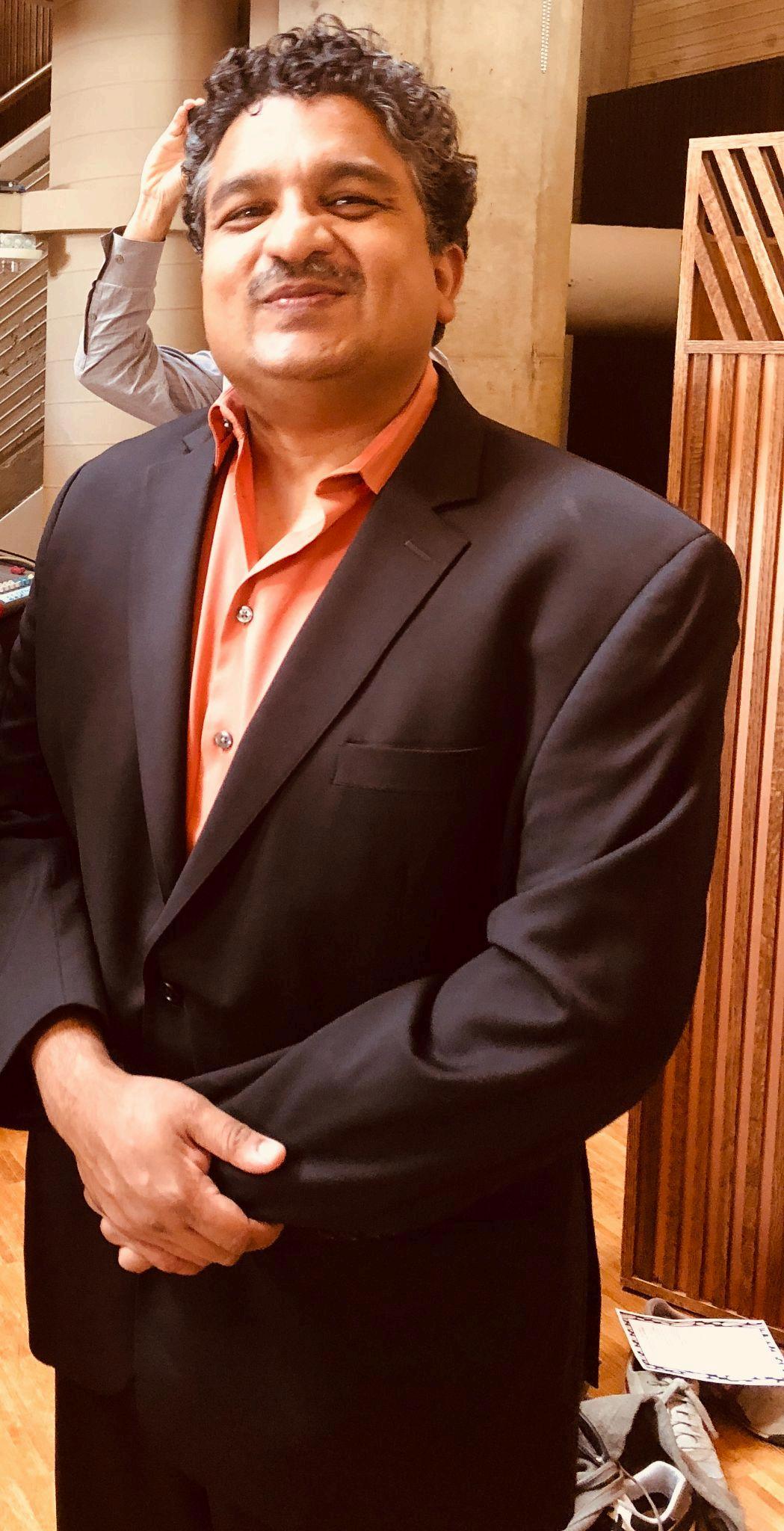Hobbies That Enrich a Health Scientist’s Life Beyond the Laboratory

Isam Vaid believes that the life of a health scientist is often associated with long hours in laboratories, careful data analysis, and an unrelenting dedication to advancing medical knowledge While this professional commitment is admirable, a balanced life requires pursuits that extend beyond the boundaries of research and experimentation. Hobbies that enrich a health scientist’s life serve not only as a counterbalance to demanding work but also as catalysts for creativity, resilience, and holistic well-being By engaging in diverse activities, health scientists strengthen the very qualities that enhance both personal fulfillment and professional excellence
One enriching hobby for many health scientists is writing. Beyond publishing academic papers, creative writing, journaling, or blogging allows scientists to articulate their thoughts in fresh and innovative ways. These outlets cultivate communication skills, which are invaluable when translating complex research into accessible language for broader audiences. Writing also provides a reflective practice, helping scientists process their experiences and articulate their motivations, ultimately deepening their sense of purpose.

Physical activity is another cornerstone hobby that enriches their lives From running and swimming to practicing yoga or martial arts, engaging in exercise not only promotes physical health but also sharpens mental clarity. For scientists accustomed to sedentary laboratory environments, these activities provide essential balance by improving circulation, reducing stress, and boosting overall stamina Many also find that exercise clears the mind, leading to breakthroughs in problem-solving and innovation. Hiking, in particular, offers a unique combination of physical fitness and exposure to nature, inspiring new perspectives while providing a restorative sense of peace.
Artistic pursuits such as painting, photography, or playing a musical instrument can spark creativity in unexpected ways. Health scientists often work with precise protocols and structured methodologies, but creative hobbies encourage open-ended exploration and innovation Photography, for instance, sharpens observational skills, a quality directly transferable to research, while music enhances focus and emotional expression. These activities create a harmony between structured scientific thinking and the free-flowing imagination necessary for groundbreaking discoveries.

Gardening is another meaningful hobby, one that resonates deeply with the scientific mindset Nurturing plants fosters patience, attention to detail, and a direct connection to the natural world Many health scientists find joy in experimenting with different soil types, climates, or plant species, mirroring the curiosity they bring to their professional work. Gardening also provides a therapeutic retreat, reducing stress and offering a tangible reward in the form of fresh flowers, herbs, or vegetables
Traveling, whether to local sites or across the globe, enriches a health scientist’s perspective by exposing them to diverse cultures, healthcare systems, and lifestyles These journeys inspire curiosity and broaden understanding of global health challenges. Engaging with communities abroad, experiencing traditional practices, or observing different approaches to wellness often sparks ideas for new research questions or collaborative initiatives Travel blends leisure with professional enrichment, making it one of the most rewarding hobbies for those dedicated to advancing health

Volunteering adds another dimension of enrichment Many scientists choose to dedicate their spare time to community health initiatives, education, or outreach programs. By applying their knowledge in real-world settings outside of research institutions, they experience the direct impact of their skills on individuals and communities This sense of contribution reinforces the social purpose of their careers while building empathy and human connection, qualities that are invaluable in health-related fields
Mindful practices such as meditation and tai chi also serve as grounding hobbies The intensity of scientific work can sometimes lead to burnout, but practices rooted in mindfulness help restore balance These activities cultivate focus, reduce anxiety, and enhance emotional resilience, enabling scientists to navigate the pressures of research more effectively. They not only nurture the individual but also contribute to clearer, more patient approaches in collaborative environments

Ultimately, hobbies that enrich a health scientist’s life remind us that passion for discovery thrives best when paired with personal joy, creativity, and balance Whether through art, sport, gardening, travel, or service, these pursuits provide the nourishment needed to sustain a lifetime of meaningful work. They transform health scientists into well-rounded individuals whose professional contributions are supported and enriched by the fulfillment they find beyond their laboratories By embracing diverse hobbies, health scientists cultivate not only healthier lives for themselves but also a richer perspective that fuels their commitment to advancing human well-being
